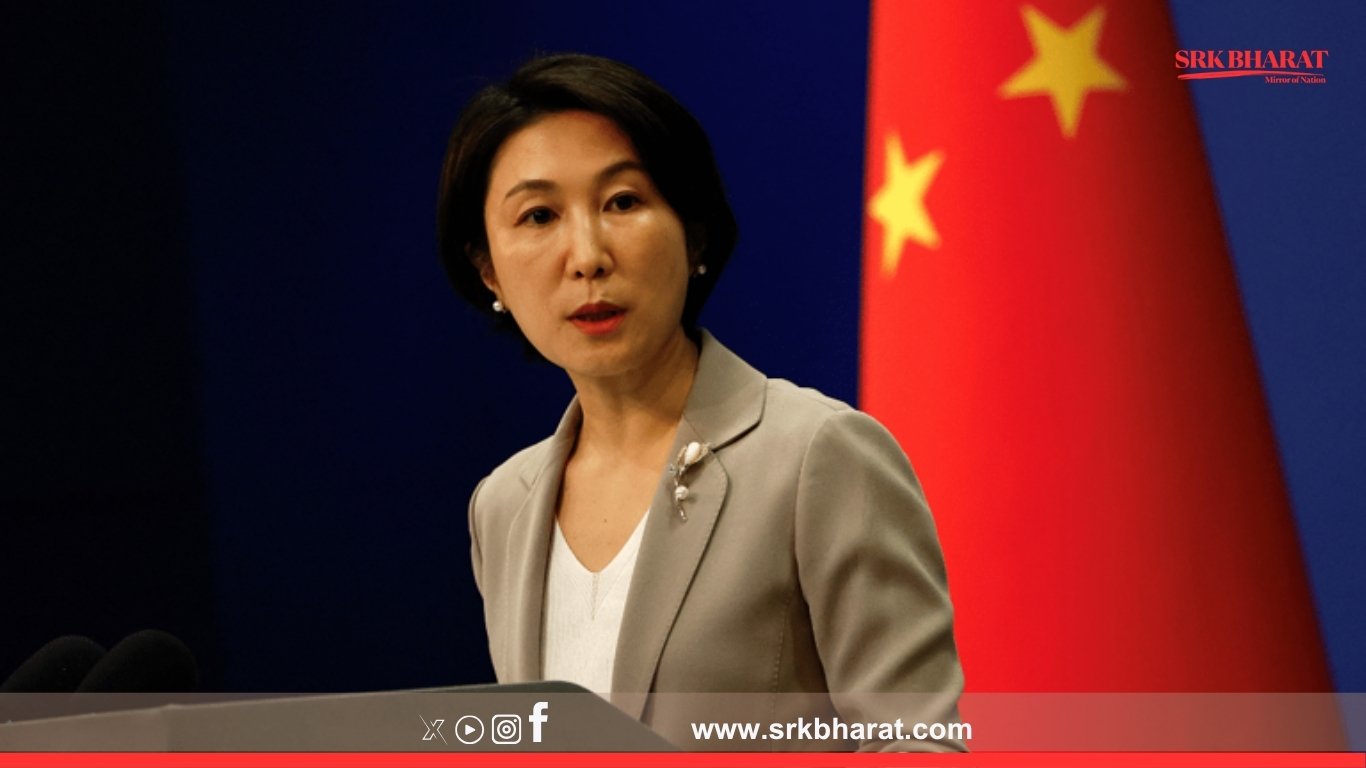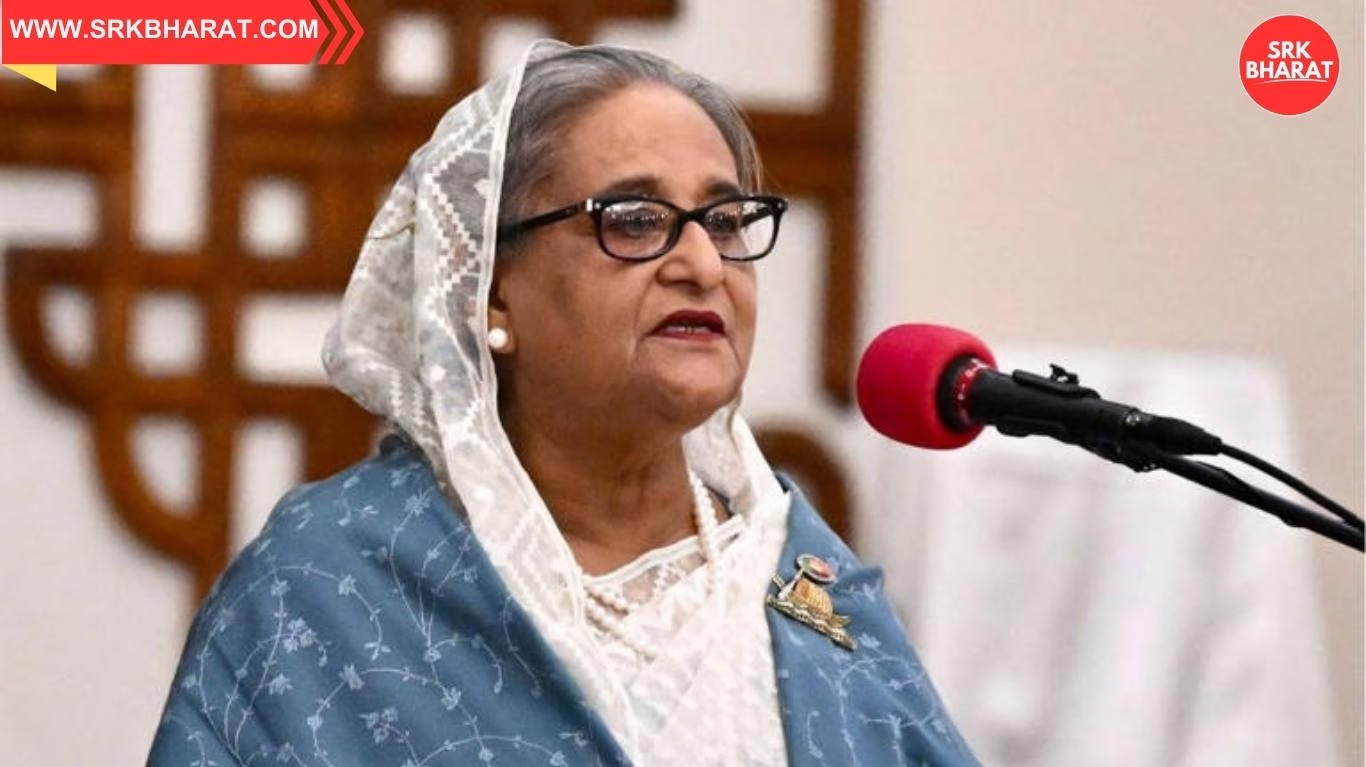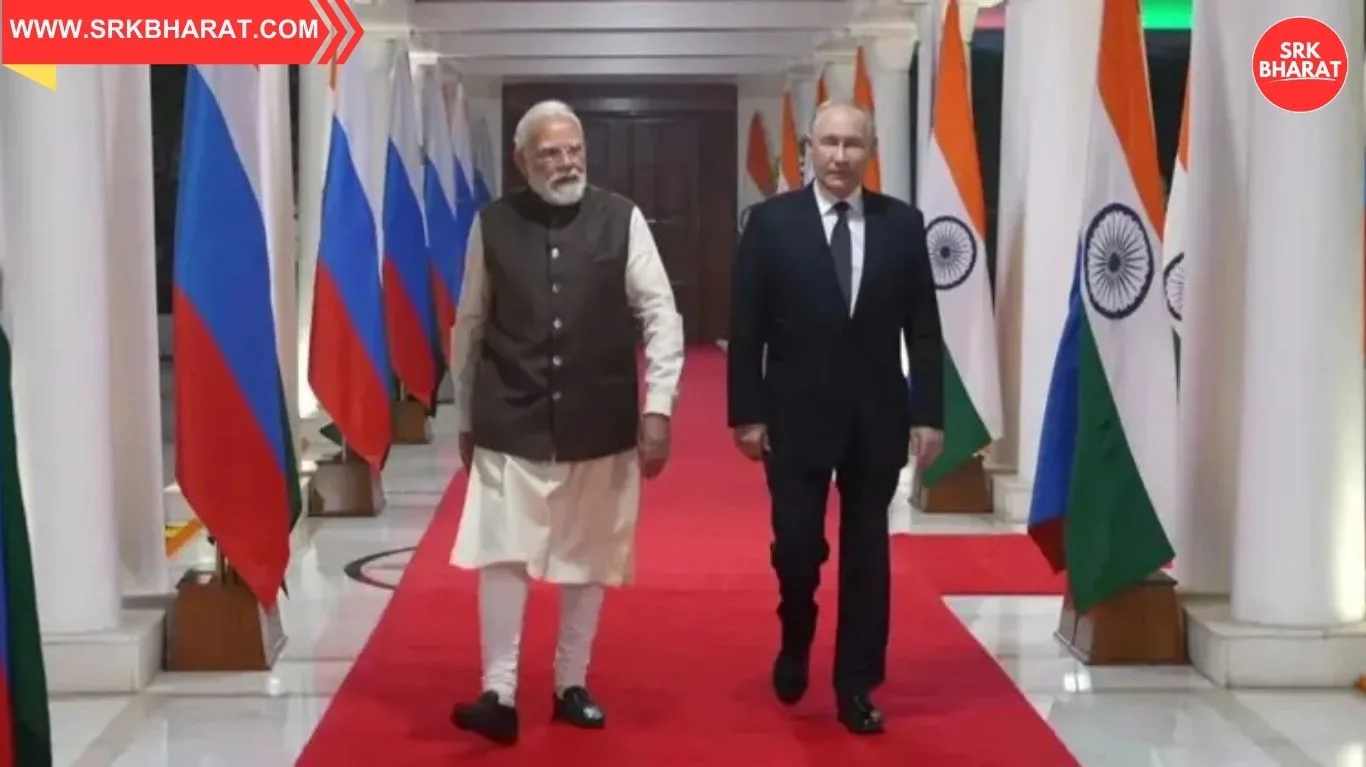In a fresh diplomatic assertion highlighting its regional ambitions, China has offered to play a “constructive role” in easing tensions between India and Pakistan, while simultaneously defending its deep strategic ties with Islamabad as a relationship grounded in “all-weather friendship”. The statement, issued by the Chinese Foreign Ministry during a press briefing in Beijing, comes amid renewed concerns in New Delhi over China’s growing involvement in South Asian security and conflict mediation narratives.
Beijing’s Latest Remarks
Chinese Foreign Ministry spokesperson Lin Jian stated, “We hope India and Pakistan can resolve their differences and disputes through dialogue and consultation, improve their relations, and jointly safeguard regional peace and stability. China is willing to play a constructive role in this regard.”
He further emphasised that the China-Pakistan relationship is based on “longstanding mutual trust and support irrespective of international changes,” defending their strategic partnership amidst Indian objections to projects in Pakistan-occupied Kashmir (PoK) under the China-Pakistan Economic Corridor (CPEC).
Context Behind the Statement
The remarks follow recent geopolitical developments:
- Increased India-China Border Tensions: Despite rounds of military commander-level talks, friction continues along the Line of Actual Control (LAC), particularly in Eastern Ladakh, casting a shadow on bilateral ties.
- China-Pakistan Defence Cooperation: Beijing continues to supply advanced military platforms to Pakistan, including naval frigates, stealth-capable drones, J-10C fighters, and air defence systems, bolstering Islamabad’s conventional capabilities vis-à-vis India.
- Pakistan’s Domestic Instability: Amid internal economic and political crises, Islamabad is leveraging Chinese diplomatic and financial support to stabilise its strategic posture in South Asia.
India’s Consistent Position
India has historically rejected third-party mediation on its disputes with Pakistan, including on Kashmir, maintaining that all issues must be resolved bilaterally under the 1972 Simla Agreement and 1999 Lahore Declaration. New Delhi views Chinese offers of mediation with scepticism, especially given:
- China’s territorial claims against India and infrastructure build-up along disputed borders.
- China’s blocking of UN sanctions proposals against Pakistan-based terrorists on multiple occasions at the UN Security Council.
- Chinese investments in PoK, which India deems a violation of its sovereignty.
Strategic Implications of China’s Stance
| Issue | Chinese Position | Impact on India |
|---|---|---|
| Kashmir Dispute | Calls for dialogue, offers mediation | Undermines India’s bilateral resolution framework |
| CPEC in PoK | Defends projects as economic development initiatives | Violates Indian territorial integrity claims |
| Pakistan Defence Supplies | Expanding supply of naval, air, and missile systems | Alters conventional military balance in South Asia |
| Border Tensions with India | Calls for stability while consolidating LAC infrastructure | Dual messaging increases strategic distrust |
Why is China Offering ‘Constructive Help’ Now?
Analysts suggest China’s statement serves multiple objectives:
- Projecting Regional Leadership: As US influence recedes in Afghanistan and South Asia, Beijing seeks to position itself as a regional peace-broker while protecting its commercial and strategic interests.
- Balancing Perceptions Post-Border Tensions: China wants to portray itself as a stabilising power despite its own assertive actions against India along the LAC.
- Reassuring Pakistan: Amid Pakistan’s severe financial crisis and IMF dependency, China aims to reaffirm its diplomatic and strategic support to Islamabad, preventing it from drifting towards Gulf or Western donors exclusively.
Recent Developments in China-Pakistan Relations
| Date | Development |
|---|---|
| June 2025 | China delivered second batch of J-10C fighters to PAF under fast-track delivery terms. |
| May 2025 | Chinese PLA Navy hosted joint maritime security drills with Pakistan Navy in the Arabian Sea. |
| April 2025 | High-level bilateral security dialogue held in Beijing, reiterating mutual strategic support. |
| March 2025 | China extended $2 billion loan rollover to stabilise Pakistan’s forex reserves amid IMF negotiations. |
India’s Recent Diplomatic Responses
New Delhi has maintained that:
- No third party has locus standi in bilateral disputes with Pakistan.
- China’s involvement in PoK infrastructure projects is “illegal, illegitimate, and unacceptable”.
- India remains committed to normalising ties with Pakistan if Islamabad ceases cross-border terrorism sponsorship.
Broader Geopolitical Calculations
China’s latest remarks reflect its integrated diplomatic-military strategy in South Asia:
- Expanding BRI and CPEC Influence: Pakistan remains a flagship Belt and Road Initiative (BRI) partner. Stability along the India-Pakistan border indirectly secures CPEC investments running from Xinjiang to Gwadar Port.
- Countering Quad and Indo-US Strategic Convergence: Beijing seeks to prevent deeper India-US-Japan-Australia alignment by projecting itself as a peace facilitator.
- Managing Domestic Muslim Sentiments: By supporting Pakistan on international platforms, China balances criticism over its treatment of Uyghur Muslims in Xinjiang.
Potential Reactions from India
| Response Option | Likely Indian Approach |
|---|---|
| Formal Rejection of Mediation | Reiterate bilateral nature of issues with Pakistan under Simla Agreement. |
| Diplomatic Protest | Highlight Chinese transgressions along LAC and PoK infrastructure violations. |
| Strategic Signalling | Increase engagement with Quad partners and defence exercises in Indo-Pacific. |
| Economic Countermeasures | Continue diversifying supply chains away from China under Make in India and Atmanirbhar Bharat initiatives. |
Future Outlook
The recent Chinese statements come ahead of expected high-level diplomatic engagements in BRICS and SCO platforms, where India and China will be seated together. Analysts believe:
- China will continue offering rhetorical mediation between India and Pakistan while deepening defence and strategic ties with Islamabad.
- India will maintain its firm bilateral resolution stance, viewing Chinese offers as strategic posturing rather than genuine peacemaking.
- Pakistan will leverage Chinese diplomatic support to amplify its international Kashmir narrative despite limited practical gains.
Conclusion
China’s reiteration of its “constructive role” and defence of its friendship with Pakistan underline Beijing’s complex South Asia strategy – combining strategic support for Islamabad, competitive rivalry with New Delhi, and efforts to shape regional narratives as the preeminent Asian power. For India, the statements serve as a reminder of the enduring geopolitical triangle that defines South Asian security, demanding a calibrated blend of diplomatic firmness, military preparedness, and strategic patience.
Disclaimer: This content is intended for informational purposes only. It does not constitute diplomatic advice or reflect official policy positions.












seo agencies ranking seo agencies ranking .